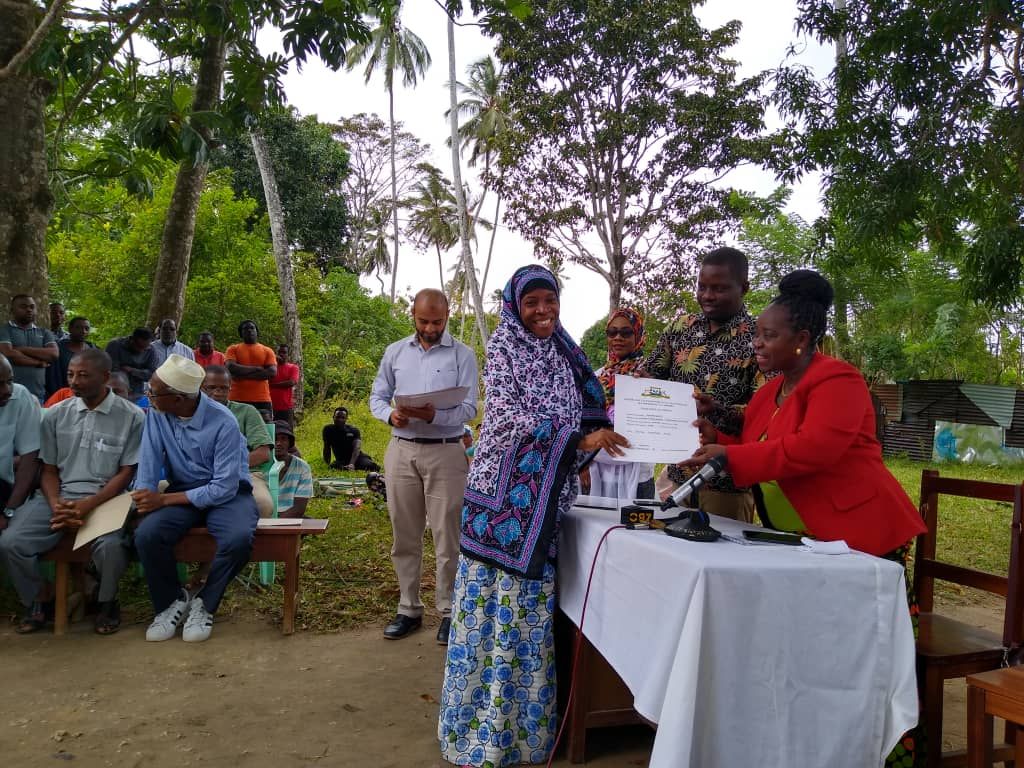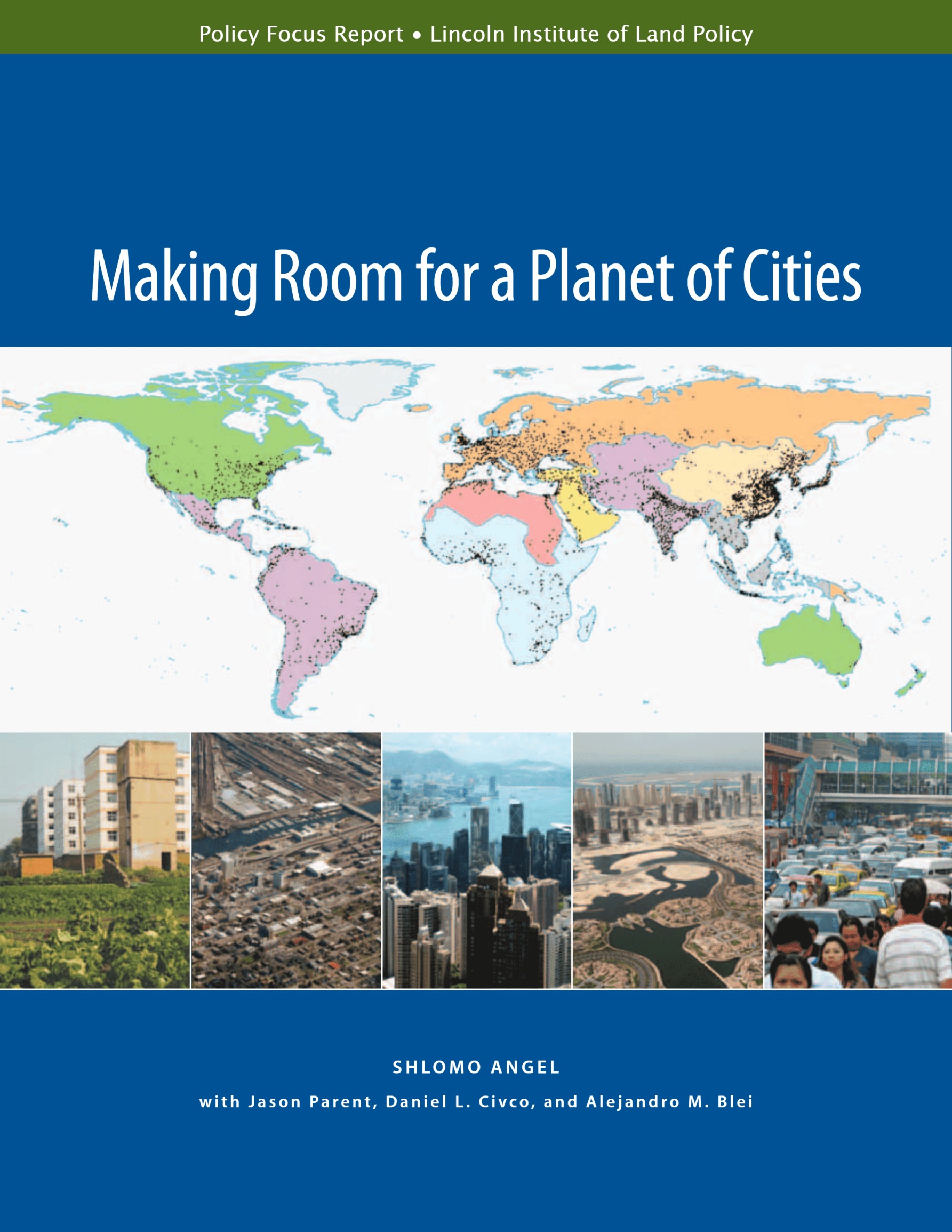Cities Alliance strongly believes that strengthening the digital ecosystem and digital inclusion provides key opportunities for harnessing the potential of secondary cities and ensuring inclusive and sustainable urban development. Over the last decade, Cities Alliance has provided support to a multitude of innovative digital solutions from the city level where the need for data, data management systems and municipal capacities is acute, to the use of ICT by communities of the urban poor to map climate-related risks, critical infrastructure needs, and potential COVID-19 hot spots.
Digital innovations tested by Cities Alliance have demonstrated that solutions that provide better knowledge of cities and previously neglected informal settlements, alongside inclusive dialogue, can bring local governments and all citizens together, help them engage with each other, respond to critical needs, build trust, share information, and improve accountability. These actions, in turn, support good governance and inclusive planning processes.
In responding to urban challenges and enhancing economic transformation, digital solutions can play a key role in realizing the opportunities to catalyze economic opportunities and improve liveability, sustainability, and productivity
A New Urban Agenda, Accommodating 2 billion New Urban Citizens. PwC
To date, Cities Alliance tested digital solutions have facilitated partner cities and communities to:
- Improve city governance through city management and mapping. Tested digital solutions to improve city-data ecosystems through municipal data management systems and capacities, investment decision-making support tools, e-governance and citizen feedback, digitalizing public services, modernizing land governance and tenure, ICT systems for mapping basic infrastructure deficits and digital mapping and enumeration of informal settlements.
- Harness digitalization for inclusion. Tested digital solutions to collect information on households in informal settlements and other excluded urban areas, identify their needs, and address critical infrastructure gaps.
- Improve city-wide service provision. Tested digital solutions to improve safety in public spaces and public transport and water and sanitation management.
- Integrate resilience to climate change and the environment into urban planning. Digital solutions for disaster risk management and climate resilience planning.
- Knowledge and Advocacy. Capture and disseminate knowledge and advocacy on digital solutions for urban resilience, smart technologies for more equitable city economies, digital learning platforms, advocacy on the digital divide, and digital storytelling.
These projects have demonstrated that the effective adoption of technologies is strengthened when coupled with strong social dialogue and stakeholder engagement. The digital divide is an enormous constraint to digitalization efforts. Digital illiteracy and limited access to required hardware and software remains a challenge, especially within informal settlements and for secondary cities authorities. Cities Alliance has learned that the effective engagement of marginalized groups and communities in digitalization requires capacity strengthening in technological literacy, alongside improved access to technology and resources.
Cities Alliance has supported the development of the digital ecosystem and delivers parallel capacity and institutional strengthening components alongside funds for the purchase of equipment. With a view on stakeholders' buy-in, replication, and scalability, Cities Alliance strives to propose or fund digital solutions that are affordable, inclusive, and locally available.
Alongside larger governance-focused initiatives, such as the Data Management Toolkit for Cities, which was developed under the Future Cities Africa initiative in 2017, Cities Alliance has delivered many small-scale projects that operated within a proof-of-concept approach and provided evidence and space for testing new inclusive approaches to drive positive change. These present significant opportunities for scale and institutionalization. For instance, although small-scale and implemented as a pilot, the land system solution in Zanzibar has gained governmental support and is now being used to issue certificates of occupancy for inhabitants. The digital solution created and tested collaboratively by organizations from the private, public and third sectors, will be a crucial step towards tenure security in the semi-autonomous archipelago. In addition to having greatly reduced the time required to collect data and issue land certificates, government agents and community members gained digital skills and are now better positioned to provide direct support to the process.

















